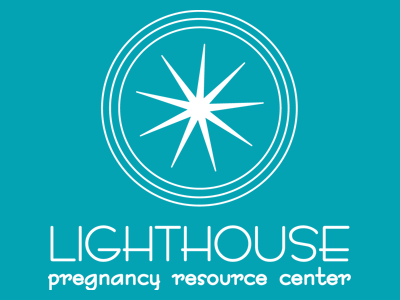
14 Dec What Are the Risks of the Abortion Pill?
If you are facing an unplanned pregnancy and considering your options you may be wondering if the abortion pill is the right choice for you.
While you may have heard the abortion pill is an easy option, like any medicine or medical procedure it does come with side effects and risks.
For the sake of your health and future, you should understand all your options and make the best choice for your body.
What Is the Abortion Pill?
Commonly referred to as “the abortion pill,” medical abortion is actually a series of two powerful drugs taken as pills.
The first drug in the series is mifepristone–which blocks the pregnancy hormone known as progesterone. As a result of this, the lining of your uterus thins, terminating the pregnancy.
The second drug, called misoprostol, is then taken hours or days later. This drug causes your uterus to contract, expelling the pregnancy tissue out of your body through the vagina.
One other important factor for medical abortion is that it is only FDA-approved for use in the first ten weeks of pregnancy. After ten weeks, surgical abortion might be considered safer by an abortion provider.
The Risks of the Abortion Pill
While a medical abortion sounds simple and private, there is a potential for serious risks that you need to be aware of. According to the Mayo Clinic, these risks include:
1. An Incomplete Abortion
An incomplete abortion occurs when your body retains pregnancy tissue instead of expelling it completely. In the event of an incomplete abortion after a medical abortion, a surgical abortion might be required to remove the remaining pregnancy tissue.
2. Infection
Infection of the female reproductive organs (pelvic inflammatory disease) is one potential risk following a medical abortion. Any infection after a medical abortion should be addressed by a doctor right away.
Some signs of infection include foul-smelling vaginal discharge and a fever lasting more than 24 hours.
3. Heavy & Prolonged Bleeding
Heavy and/or prolonged bleeding is another risk of medical abortion. This bleeding is different from the bleeding you may experience during your normal menstrual period.
A sign you are bleeding too much is if you soak two or more pads an hour for two hours.
If you experience any of these after a medical abortion you should contact your doctor right away.
Get the Answers You Need
The first step in knowing your options is to get the answers you need.
At Lighthouse Pregnancy Resource Center, we can provide you with medical-grade pregnancy testing and an ultrasound to confirm your pregnancy, all at no cost to you.
The ultrasound will confirm the viability, location, and age of your pregnancy. This information is vital in understanding the options you have.
Contact us today to schedule a no-cost and confidential appointment and start getting the answers you deserve.
Special note: If you have already begun the abortion pill procedure and are second-guessing your decision, it may not be too late to change your mind, if you have only taken the first pill, less than 72 hours ago. Contact abortionpillreversal.com immediately to speak with a medical professional about your situation.

